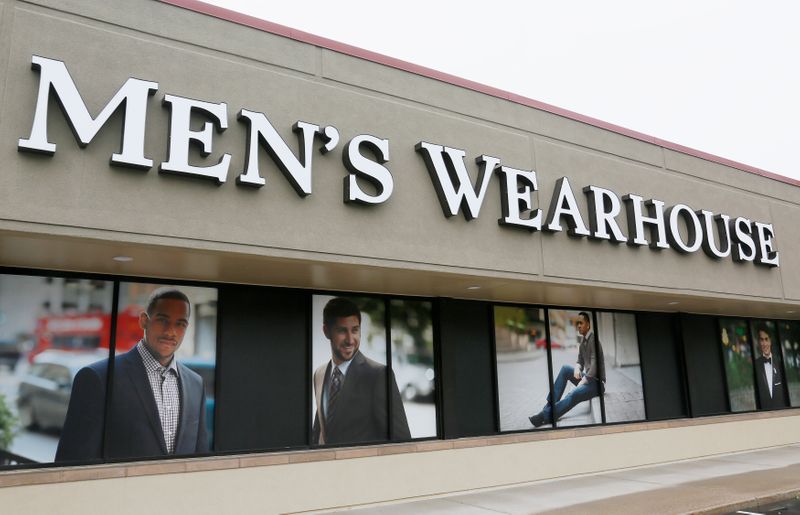This post was originally published on this site
https://i-invdn-com.akamaized.net/trkd-images/LYNXMPEG5928M_L.jpg
The retailer said it has taken “decisive actions to manage liquidity”, including borrowing money, while opening nearly half of its stores across the United States and Canada.
Shares of the company, down 70% for the year, rose about 17% after the bell.
Apparel retailers have been among the worst hit as their businesses were considered non-essential and their stores had to be closed. They were forced to limit operations to online, which led to furloughing of staff and unpaid leases and rents.
The pandemic has added to Tailored Brands’ woes, as it had already been struggling with competition from fast-fashion brands and a shift to online shopping.
As of May 2, the company had long-term debt of $1.4 billion and $244.2 million of cash and cash equivalents.
“If the effects of the COVID-19 pandemic are protracted and we are unable to increase liquidity … we may be forced to scale back or terminate operations and/or seek protection under applicable bankruptcy laws,” Tailored brands said in a filing. https://www.sec.gov/ix?doc=/Archives/edgar/data/884217/000155837020007429/tlrd-20200610x8k.htm
First-quarter net sales for the retailer, which also owns men’s clothing store Jos. A. Bank, plunged 60.4% as stores were closed due to coronavirus-led nationwide lockdowns.
It said store closures and lack of staff may have disrupted the level of customer service, which could result in decreased demand or customers switching to competitors.
The company, however, said it expects sales to rebuild gradually during the remainder of the year, calling the operating environment highly uncertain.


